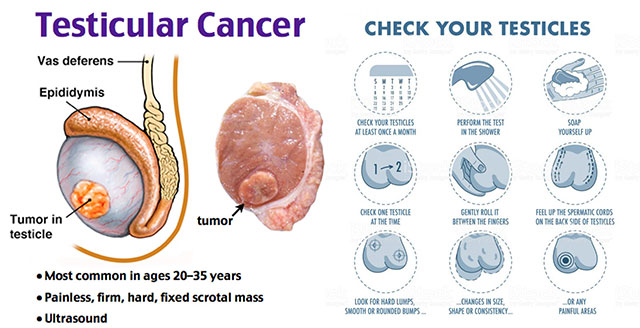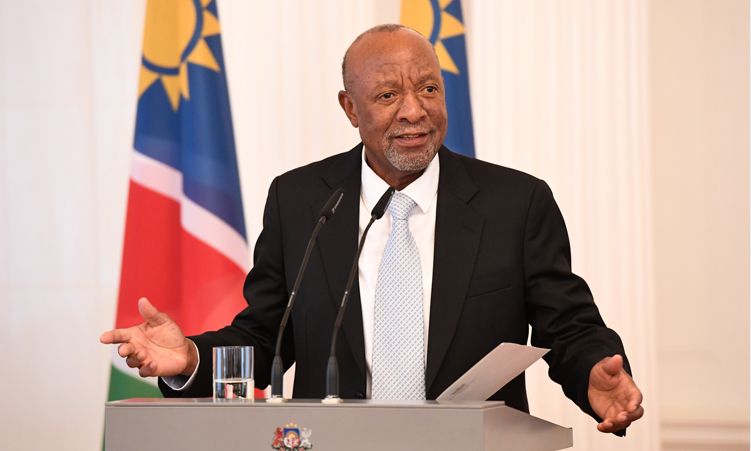Urologist Dr Golda Stellmacher urges all boys and men above 15 years to examine their testicles monthly.
“Monthly testicular self-exams are crucial for cancer detection, as early detection saves lives,” she says.
As for prostate cancer, the risk increases with age, she says.
Stellmacher says tests should be done earlier than at the age of 50, which has been accepted as the highest risk category until recently.
She says men with a family history of prostate cancer should be examined from the age of 35, while keeping an eye on other urological cancers.
Stellmacher calls on men to take part in the nationwide urology awareness programmes state and private doctors undertake annually.
Outreach programmes are scheduled from May to September at Oranjemund, Katima Mulilo, Oshakati, Swakopmund, Walvis Bay and Keetmanshoop.
Stellmacher plans to visit Oranjemund with other urology specialists to create awareness of kidney, bladder, prostate and testicular cancer.
She says the traditional digital rectal examination may be viewed negatively, but emphasises they are crucial, especially at older ages or in cancer-prevalent families.
A blood tests, known as a prostate-specific antigen test, may pick up only 25% of prostate cancer cases.
However, a combination of a blood test and a digital examination provides more accuracy.
RISK FACTORS
A diet high in fat, family history of cancer, race, and being over 50 are among the most common risk factors for cancer.
Other risk factors include adenomas, smoking and obesity.
Industrial carcinogens emanating from petroleum and other chemical products, for example, increase the risk of bladder cancer.
Ministry of Health and Social Services spokesperson Walters Kamaya says prostate screening is incorporated in the ministry’s annual outreach programme.
General practitioners can also perform prostate cancer examinations.
“All general practitioners are able and should do [the tests],” Stellmacher says.
Regular check-ups are crucial, with men aged 40 advised to visit their doctors every three years, and those over 50 every one to two years for a combination of blood tests and digital rectal examinations.
With the help of sonography, incidental kidney cancers can be detected earlier too.
In addition to prostate cancer, health practitioners and reproductive health activists are calling for better awareness of testicular cancer.
Men aged 15 and upwards are vulnerable to testicular cancer, with an increased risk associated with undescended testicles.
Renal cell carcinoma is another concern, mostly among overweight men and those with chronic renal failure on dialysis.
Stellmacher says symptoms such as a slow or weak urine stream, pain in the back, hip or pelvis, swelling in the legs or feet, difficulty or inability to pass urine, blood in urine or semen, and a frequent need to pass urine should not be ignored.
According to data released by the Cancer Association of Namibia (CAN) in February, cancer of the prostate gland has become the leading type of cancer in Namibia.
CAN chief executive Rolf Hansen urges the media to help create awareness, educate and help promote early detection through screening programmes nationwide.
He says Namibia has an alarmingly high cancer rate compared to the rest of Africa.
He says CAN wants the decentralisation of critical cancer care in Namibia, as well as access to oncology services in regions other than the Khomas region.
“We need serious interventions for cancer in Namibia,” Hansen says.
Stay informed with The Namibian – your source for credible journalism. Get in-depth reporting and opinions for
only N$85 a month. Invest in journalism, invest in democracy –
Subscribe Now!






